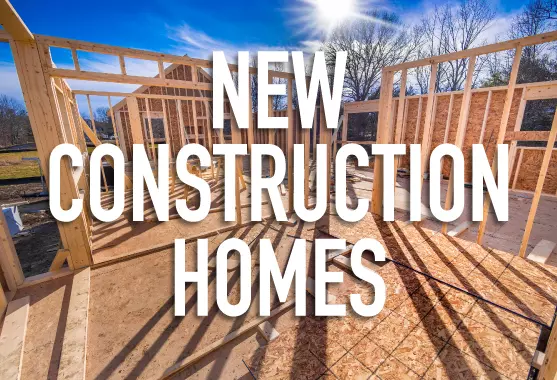
First time homebuyers
Buying your first home is an exciting milestone in life. It represents a significant investment and a place where you can truly make your own. As a first-time homebuyer, there are several key factors to consider before diving into the real estate market. Here are some important tips to help you navi

San Antonio Real Estate Market Trends
The San Antonio real estate market has been experiencing some interesting trends lately, particularly when it comes to buyers. As the city continues to grow and attract new residents, the demand for housing has been steadily increasing. In this blog, we will explore some of the key trends in the San
A guide to buying your first home in today’s market
Purchasing your first home is an exciting and monumental milestone. However, navigating the real estate market can be challenging, especially in today's dynamic landscape. With fluctuating prices and evolving trends, it's important to be well-informed and prepared before taking the plunge. In this b
Categories
Recent Posts











